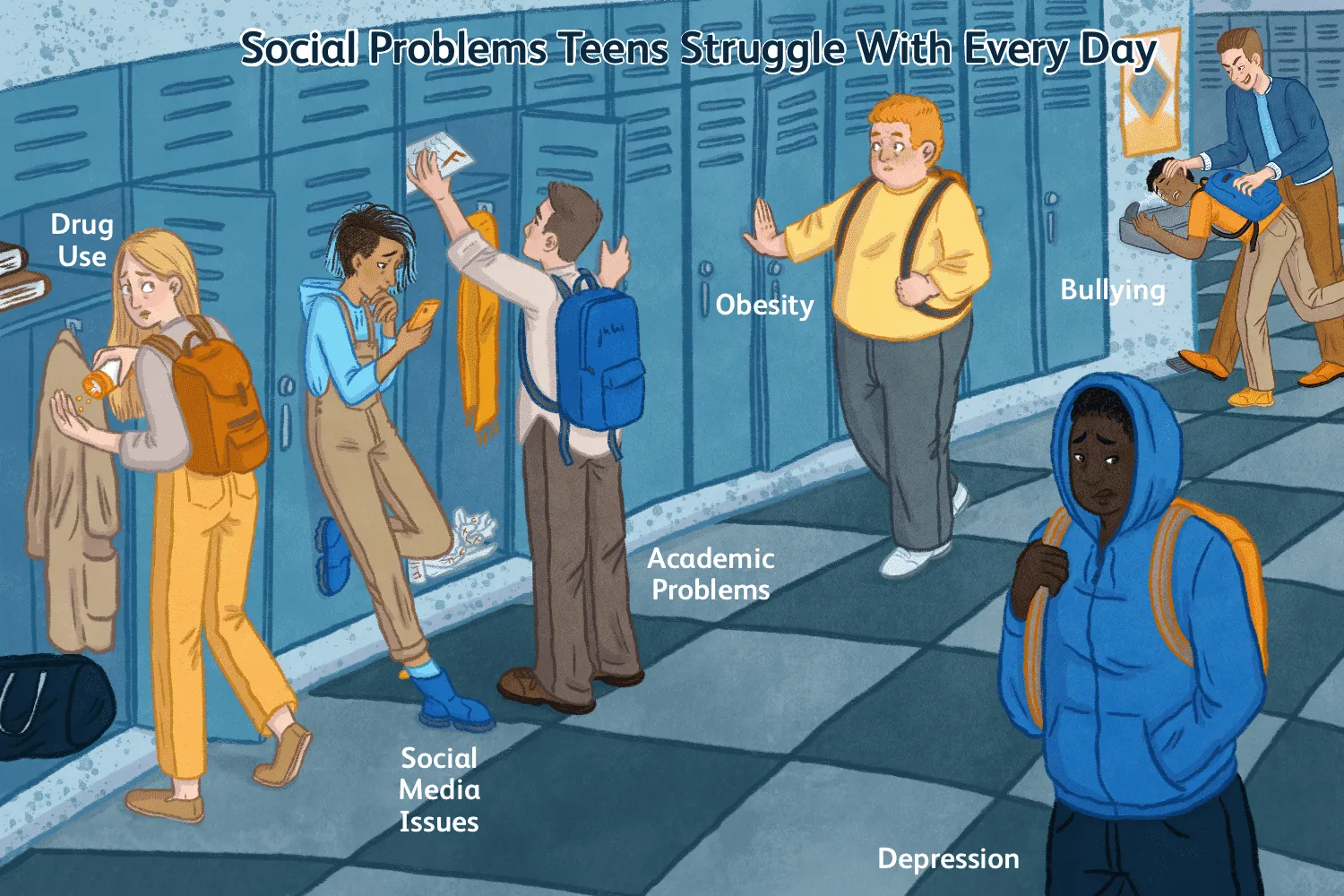
The rising tide of childhood obesity has prompted an increasing number of parents to seek medical interventions to help their children lead healthier lives. Among the solutions gaining traction is the use of GLP-1 drugs, such as Ozempic and Wegovy, which have been spotlighted not just for their effectiveness but also for the ethical and health-related questions they raise.

The Rise of GLP-1s in Pediatric Care
In December 2022, the Food and Drug Administration (FDA) approved Wegovy for weight management in adolescents with obesity. This approval came on the heels of recommendations from the American Academy of Pediatrics, which advocated for a more aggressive approach to managing childhood obesity, including the consideration of weight-loss drugs.
Kait Handler’s journey began with her own struggles with weight and the unhealthy relationship with food she developed from an early age. Her personal battle took on a new dimension when her daughter, Birdie, started exhibiting similar eating behaviors. By the time Birdie was 8, Handler recognized the early signs of an unhealthy fixation on food, which included overeating and negative body image—issues that Handler herself knew all too well from her own childhood.
Determined to help her daughter avoid a similar fate, Handler explored several avenues, from therapy and increased physical activity to weight-loss camps. Despite these efforts, the challenges persisted, leading Handler to consider a more radical solution: weight-loss drugs.
The Promise and Perils of Weight-Loss Drugs for Children
Handler’s decision to explore GLP-1s wasn’t made lightly. The cost was prohibitive, and her insurance didn’t cover these drugs, pushing her towards compounded versions, which are cheaper but come with their own set of risks as they are not FDA-approved.

The use of GLP-1 drugs in children has sparked a heated debate among healthcare professionals. While some see it as a necessary tool for combating severe obesity, others are concerned about the long-term effects and the lack of substantial data on their safety for children. Pediatricians like Karla Lester are cautious, particularly with compounded drugs, which might not have consistent dosages and can vary in quality.
Navigating Regulatory and Health Challenges
The Handlers’ story also highlights the broader regulatory and health system challenges. Many families are turning to telehealth services, which offer more accessible but potentially less regulated treatment options. These platforms often provide drugs without the rigorous checks that might occur in a more traditional healthcare setting.
Moreover, changes in policy and the legal landscape, such as the age restrictions imposed by telehealth platforms complying with privacy laws, mean that families often have to adjust their strategies abruptly, which can add to the stress and uncertainty of managing a child’s health.

The case of the Handlers is a microcosm of the larger dilemmas faced by many families across the United States. As obesity in children climbs at an alarming rate, the medical community and regulators are under pressure to find solutions that are both effective and safe. Meanwhile, parents like Kait Handler are doing what they believe is best for their children, often navigating a complex maze of medical, ethical, and regulatory challenges.
The story of Birdie and Kait Handler is a poignant reminder of the personal and societal challenges posed by childhood obesity and the modern approaches to tackling this escalating health crisis. Whether GLP-1 drugs will prove to be a viable long-term solution remains to be seen, but for now, they represent a beacon of hope for many families desperate for answers.
